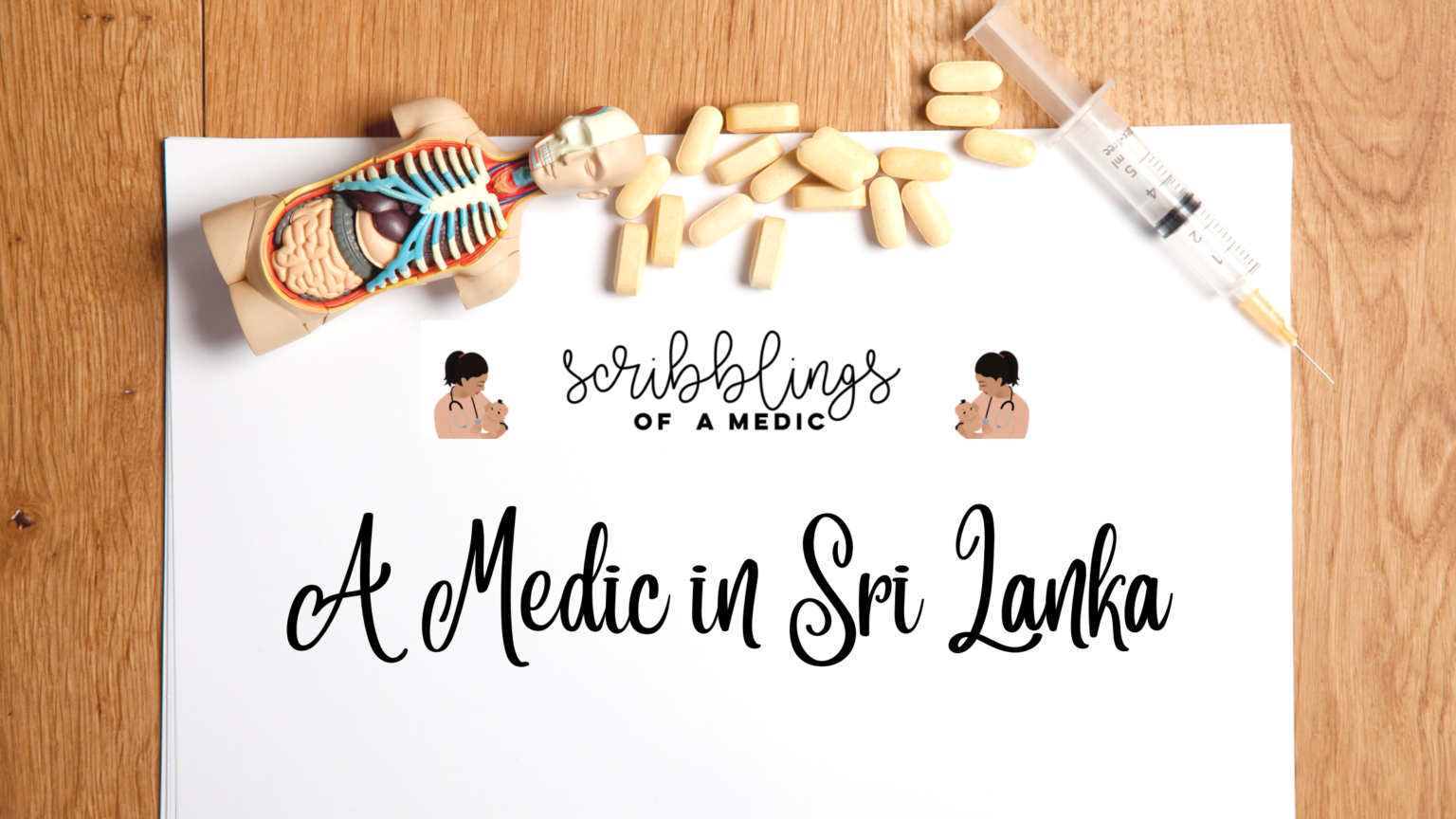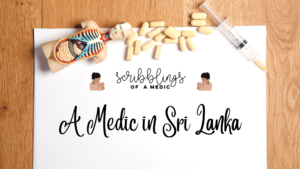Many medics think that just because you got that MBBS status behind your name that you will be set for life. Wrong. A recent poll on the @scribblingsofamedic insta page just proved how many students/doctors don’t keep a CV – a surprising number!
Medicine has become a highly competitive field and throughout my entire school and medical career, I would keep a CV. Some of the examples of when a CV would be required is when you apply for university (they really want to know what you have done with the short life you have thus far lived), when in med school applying for electives/ work experience/ research placements and even when applying for jobs!
Listed below is my CV as an example, but please note that there are numerous subheadings that you can use – the list is exhaustive. I’ll break each part down so you can get an idea of what can be included!
The “YOU” part
The top of your CV should have your name in BOLD (cause you gotta stand out!). All your contact details should also be here which includes your address, phone number (mobile) and email address. If you have registration with any medical bodies include that too.
Personal statement
Each CV you send out needs to be unique for the job/internship you are applying for. A personal statement on why you want the job and what skills you can bring to the table will show your employer/advisor why you will be the best person for the job. Mention any specific areas of experience that you already have which will help you with the position you are applying for.

Page 1 of my CV
Work experience
In this statement you should mention any PAID work experience. In my case I listed my internship and post-internship experience with the dates – just mentioning the year will suffice. I also included my work at the College of Surgeons Sri Lanka (I would seriously advice any pre-interns to take up a work placement at one of the many medical colleges in Sri Lanka – it’s a great way to make contacts and organise research/work experience). For each work experience listed a small concise description should be included on what your job role was.
Education
This timeline needs to include your educational experiences from your current situation all the way back to your schooling (a backwards timeline of sorts). If you have done an exam like the ERPM/PLAB/AMC include the date of completion and results (make it short and concise – don’t list everything!). Then jot down your university education including any positions you may have held and any achievements. If relevant include your last schooling examination results, i.e. A – levels.

Page 2 of my CV
Qualifications
Any external exams that you have done and qualifications you have acquired should be mentioned here e.g. IELTS exams or any diplomas. Don’t forget to mention the year it was done and a brief sentence about each qualification.
Research/Presentation
Research is very important for anyone in the field of science. It not only ups your CV game, but essentially gives you an insane amount of skills/knowledge in the process. My best advice is to pick a few areas of medicine that you are passionate about – for me this would be surgery and paediatrics as I have most experience in these fields. I then kept track of the academic sessions and activities held in Sri Lanka for the field of paediatrics and surgery – if ever there were calling for abstracts I would send in some research after consultation with the respective consultants.

Page 3 of my CV
Extra-curricular activities
This category must include the activities that you are currently involved in outside of work. As a student just out of school, my extra-curricular activities included dancing, singing, interact club, e.t.c. When at university my extra-curricular activities changed and included the dance society, organising charity auctions and volunteering – all this I have now included under the “education” section where my university is mentioned. The main point is to include activities that you are currently involved in. Don’t kill yourself trying to get involved in a million activities, find a few and give them your maximum commitment.
References
Bosses may need to confirm that all you say on your CV is accurate and will need to contact someone who is not related to you to confirm this. I chose 2 doctors who have motivated me and given me great advice throughout my medical career. Make sure you first ask the doctors you choose if they wouldn’t mind being a referee as some doctors may not like it.
Every couple of years I revamp my CV template – you can download one for free off the internet. Just remember to make it as clean looking as possible – don’t use too much colour and too many fonts. Keep it simple! Only display vital information – a lengthy CV is boring and no one has time to look through it all. Short and sweet is the way to go!





